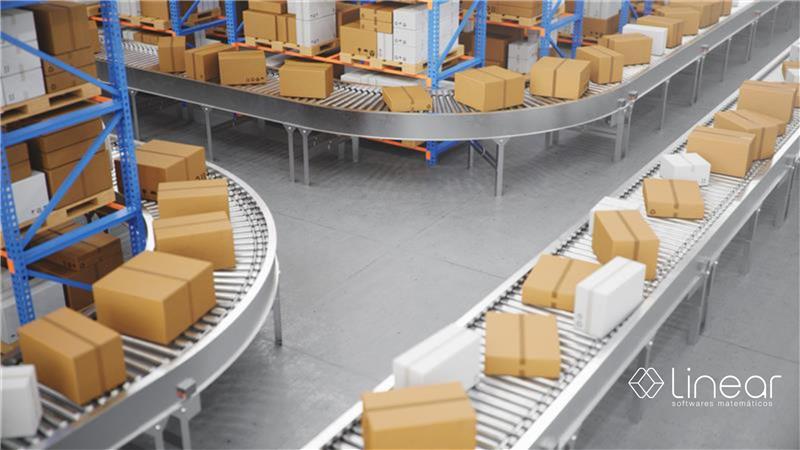In today's industrial landscape, operational efficiency is more than a competitive differentiator - it is a an essential condition for business sustainability. In this context, the production process management has emerged as a fundamental strategy for transforming raw materials into end products with quality, predictability and profitability.
What is Production Process Management?
O production process management is the set of practices aimed at plan, coordinate and control each stage of production. It goes far beyond monitoring the shop floor: it involves the intelligent use of data, integration between sectors and the definition of priorities that guarantee the optimum use of resources - be they machines, people or inputs.
In other words, it is the link that connects the company's strategic planning to operational executiontransforming goals into concrete results.
From Raw Material to Final Product: the Journey to Efficiency
The production cycle begins long before the production line. Quality control of raw materials, proper storage and synchronized supply are critical stages that directly impact the performance of the following phases.
Throughout the process - preparation, processing, inspection and dispatch - the continuous monitoring of performance indicators (such as productivity, losses and cycle time) enables reduce waste and increase production reliability.
Planning and Control: the Heart of Production
O S&OP (Sales and Operations Planning) cycle is the core of operational efficiency. It defines what to produce, when, in what sequence and with what resourcesaligning sales planning with production capacity.
Good management of the S&OP cycle balances supply and demand, avoiding both idleness and excess stock. When supported by optimization and simulation tools, it becomes a competitive edgeensuring punctual deliveries and costs under control.
The importance of end-to-end vision
Managing each phase in isolation is no longer enough. Modern industry demands end-to-end visioncapable of integrating all stages of the value chainfrom the receipt of raw materials to the delivery of the final product.
This integration provides total visibility of processesThis makes it easier to make decisions based on real data and enables immediate adjustments in the event of unforeseen events, variations in demand or operational failures.
Quality and Traceability in Real Time
A quality is not only checked at the end of production - it is built in at every stage. Well-managed processes allow trace the origin of inputs, monitor critical parameters and ensure compliance with regulatory and market standards.
With integrated systems, companies gain the agility to identify deviations, act quickly and ensure that the final product reaches the customer with consistency and reliability.
Data as a Productivity Ally
The digital transformation has raised the production process management to a new level. Today, real-time data - collected by sensors, execution systems (MES) and optimization software - allows us to identify bottlenecks, predict failures and plan corrective actions in advance.
With a culture data-drivendecisions are based on facts, not assumptions, resulting in better use of resources and greater operational efficiency.
Alignment between Production and Supply Chain
No production process works in isolation. A integration between production and supply chain is essential to guarantee the continuous flow of materials and avoid unplanned downtime.
When there is alignment between the S&OP cycle and inventory management, the company reduces logistics costs, improves delivery times and becomes more agile in the face of market variations.
Conclusion: Efficiency as a Strategy
O production process management is the basis of industrial excellence. More than keeping pace with the machines, it's about build an integrated, predictable and data-driven operation.
By valuing each stage - from the input to the final product - companies achieve efficiency, quality and sustainable competitive advantage.
Talk to Linear
Want to understand how to apply production process management in a practical, data-driven way in your company?
Linear develops mathematical solutions that connect planning, production and the supply chain for increasing industrial efficiency.
👉 Talk to Linear and find out how to optimize every stage of your operation.



